
As Centre of Expertise Energy, we focus on issues regarding sustainable mobility, renewable fuels and sustainable gases, industrial transformation, local and regional energy strategies and system integration.
Sustainable mobility
The transport sector causes almost 20 per cent of CO2 emissions, and accessibility and liveability are high on regional agendas. Sustainable mobility involves interdisciplinary, applied research into smart and green solutions and interventions, bringing together technology, systems integration and behaviour:
- Technology: type of propulsion (such as hydrogen), autonomous driving and new transport types.
- Integration: how can different forms of transport connect and how can we use electric vehicles for energy storage?
- Behaviour: how can we get people to travel and transport items sustainably?
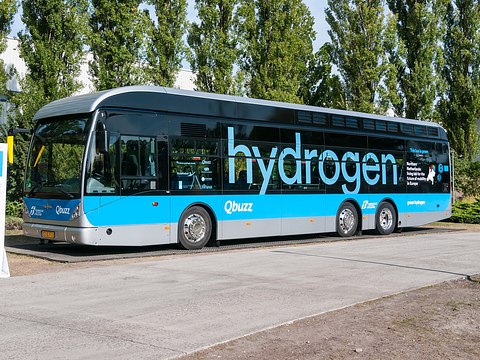
Renewable fuels and sustainable gases
Renewable fuels and sustainable gases play an essential role in the energy transition. Hydrogen may be the energy carrier of the future, with biomethane as a more local player and possible backup for balancing. The Northern Netherlands has committed to creating a hydrogen ecosystem. The region has an impressive position in terms of knowledge and expertise in fossil gas and green gas. Entrance's applied research builds on this. It focuses on renewable fuels and sustainable gases as energy carriers and as raw materials for the future.
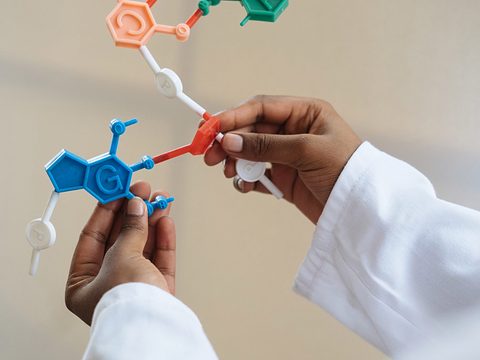
Local and regional energy strategies
What globally contributes to reducing global warming and is good for the collective is often at odds with local desires. Think about wind farms, bio-digesters and solar parks. Decentralised authorities, together with local stakeholders, have to give shape to the spatial incorporation of renewable energy generation and making the built environment more sustainable. With interdisciplinary applied research, we contribute to shaping the energy transition at a local and/or regional level and to the support and participation of all stakeholders in this process.
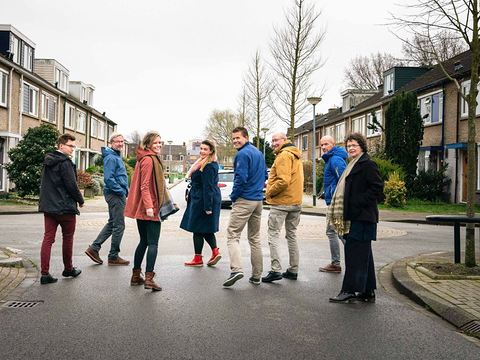
Industrial transformation
Industrial transformation is about industry's challenge to operate emission-free. Today, it still causes more than 40 per cent of CO2 emissions. The question is how the natural gas-chemistry-based industry in the Northern Netherlands can switch to a zero CO2-emitting industry by 2050, which is the ambition. Entrance's role is to bring parties together and get them to cooperate and innovate with each other. At the level of industrial clusters, business parks and - in the case of demand aggregation - also SMEs. Entrance's applied research takes place from the energy perspective: energy carriers for generating energy and not as raw materials.
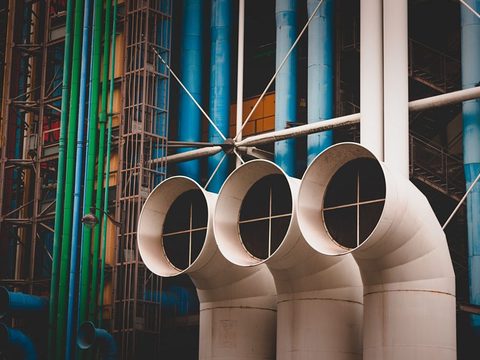
System Integration
System integration is about the integration between links and players in the energy value chains of a hybrid energy system. This is an energy system with a wide range of sources and different energy carriers. The challenge is to make the energy system sustainable, reliable, safe and affordable. System integration involves coordination between different sectors, efficient use of infrastructure and of generation, conversion and storage capacity. Entrance carries out interdisciplinary applied research in 5 subfields: playing field, force field, direction, design and operational control.
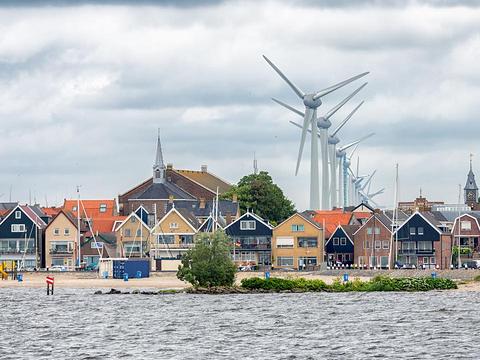
Feedback component
How satisfied are you with the information on this page?